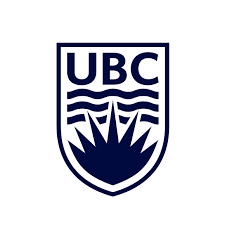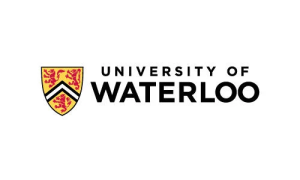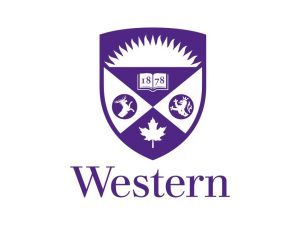WHY CANADA?
Reputations & Ranking
Applying to Canadian universities is a wonderful option for students keen to pursue a four year undergraduate education, seek academic flexibility and excellence, and secure a pathway towards permanent residency and citizenship.
Comparatively speaking, leading Canadian universities are much easier to secure acceptance to than top American Universities. This is because Canadian universities are larger and enrollment-driven, meaning while acceptance rates are higher, so are dropout rates.
Affordable Course Fees and Living Costs in Canada
Tuition fees in Canada are affordable, given the quality of education and typically favorable CAD/USD exchange rates.Qualified students can also apply for a range of scholarships to mitigate educational expenses.
Multiculturalism and Diversity
Canada champions diversity and inclusion. 500,000 immigrants relocate to Canada annually and approximately 25% of Canada’s population is comprised of immigrants.
Co-operative Education (Co-op) in Canada
Co-operative education, often known as Co-op education in Canada, is a program that allows students to integrate paid work experience into the academic curriculum.
Prominent Canadian Universities
While Canadian university rankings are just as subjective and volatile as those of US universities, the ten following universities are generally regarded as the best in the country. Listed in no particular order (outside of the University of Toronto, McGill University, and the University of British Columbia, which are near-universally regarded as the “Big Three” of Canada):
Application Process for Canadian Universities
Compared to the US system, the Canadian university application process is significantly more decentralized. The closest equivalent to the Common App that Canada uses is the Ontario Universities’ Application Centre (OUAC), a universal application for Ontario universities; universities outside of Ontario, however, will all have their own institutional applications that will need to be submitted separately.
*Other portals to keep in mind: Education Planner, Apply Alberta
Most Canadian universities (with the notable exception of UBC) require students to submit application requirements and information in two separate ‘applications’.
Academic Requirements for Canadian Universities
- Personal Statement
- Interviews
- Portfolios
- Official transcripts
- Letters of recommendation
- Standardized Testing and Canadian Universities
Acceptances To:



